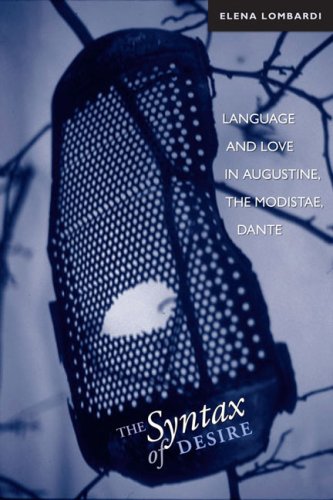

Most ebook files are in PDF format, so you can easily read them using various software such as Foxit Reader or directly on the Google Chrome browser.
Some ebook files are released by publishers in other formats such as .awz, .mobi, .epub, .fb2, etc. You may need to install specific software to read these formats on mobile/PC, such as Calibre.
Please read the tutorial at this link: https://ebookbell.com/faq
We offer FREE conversion to the popular formats you request; however, this may take some time. Therefore, right after payment, please email us, and we will try to provide the service as quickly as possible.
For some exceptional file formats or broken links (if any), please refrain from opening any disputes. Instead, email us first, and we will try to assist within a maximum of 6 hours.
EbookBell Team

4.8
74 reviewsIn medieval culture, the consideration of language is deeply connected to other aspects of the system of knowledge. One interesting connection takes place between theories of language and theories of larger concepts such as love and desire. The Syntax of Desire is an interdisciplinary examination of the interlacing operation of syntax and desire in three medieval 'grammars:' theological, linguistic, and poetic.
Exploring three representative aspects of medieval language theory, Elena Lombardi uncovers the ways in which syntax and desire were interrelated in the Middle Ages. She suggests that, in Augustine's theology, the creative act of God in the universe emerges as a syntax that the human individual must interpret by means of desire; in the linguistic theory of the Modistae, she sees the syntax of language as parallel to a syntax of reality, one organized by the desiring interplay of matter and form; in Dante's poetry, she argues that the language of the fallen human is bound together by the syntax of poetry, an act of desire that restores language to its primitive innocence.
In addition to detailed analyses of medieval texts, The Syntax of Desire examines some aspects of the same relationship in light of contemporary linguistics, philosophy of language, and psychoanalysis.